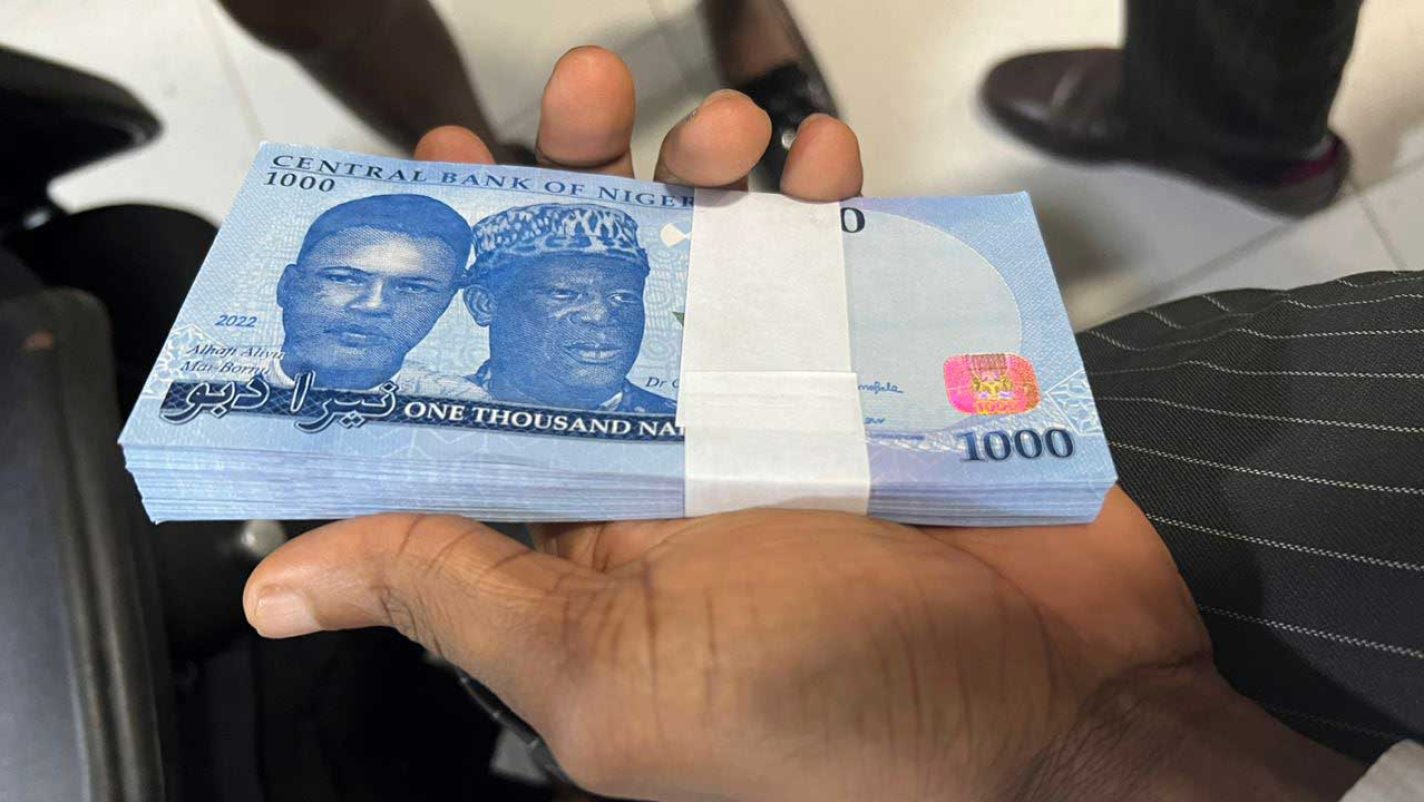This occurred in 2022, when significant inflation in the nation was caused by rising food and fuel prices. This information was disclosed by the global bank in its most recent Africa Pulse report for April 2023.

The World Bank estimates that in 2022, the value of the naira fell by 10.2%.
This occurred at a time when the nation’s inflation rate in 2022 was high due to rising food and fuel prices. This was disclosed by the international bank in its most recent Africa’s Pulse report for April 2023.
The Ghanaian cedi, which lost 40% of its value in the year, was listed as the worst-performing currency in the Sub-Saharan African area in 2022. It claimed that as of 2023, the money has already lost 20% of its worth.
The bank said in a statement about the naira that “other currencies with significant losses last year include those of Sudan (23.6%), Malawi (20.7%), The Gambia (14.6%), and Nigeria (10.2%). ” “Rising food and fuel prices, along with the depreciation of the exchange rate, were the main drivers of inflationary pressures in the region—and, particularly, in countries like Ghana, Sudan, and Malawi,” the report emphasized.
The Washington-based bank stated that Nigeria’s monetary policy tightening, which saw rates rise by 650 basis points, did not result in a drop in inflation.
It claimed that, among other things, lack of central bank autonomy, persistent supply shocks that drive inflation (such as rising commodity prices and climatic shocks), foreign exchange distortions that widened parallel exchange rate market premia, and fiscal dominance are to blame for the diminished effectiveness of monetary policy.
According to figures from the National Bureau of Statistics, headline inflation in Nigeria increased to 21.91% in February, exceeding the bank’s prediction that 25% of sub-Saharan African nations will experience two-digit inflation rates in 2023.
The bank claims that Nigeria has a large budget deficit in addition to a high rate of inflation. According to the report, over half of sub-Saharan African nations experience widening fiscal deficits as well as excessive inflation (due to their limited monetary policy flexibility). (low fiscal policy space).
The following countries are notable cases: Ghana, Nigeria, Malawi, Zambia, and Burundi.
The Nigerian Economic Summit Group stated in a previous report that inflation will devalue the naira by 14.9% in 2022. The naira has been declining in value by 10.6% a year since 1973, according to the International Monetary Fund.